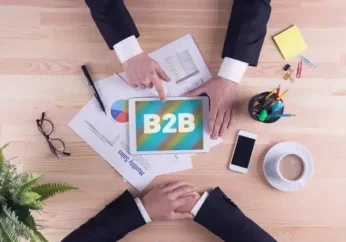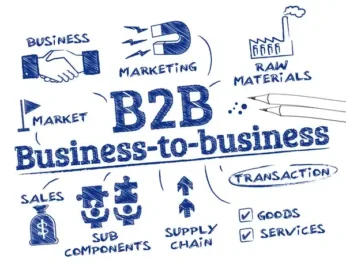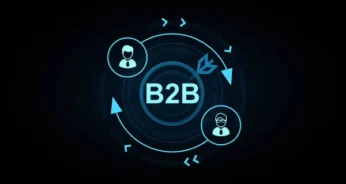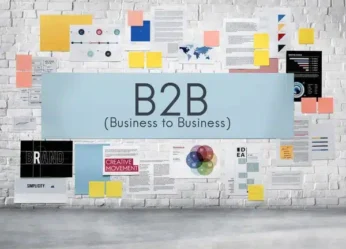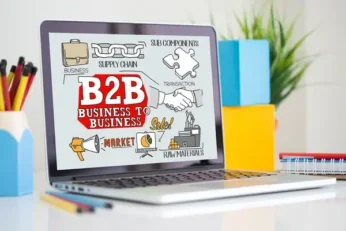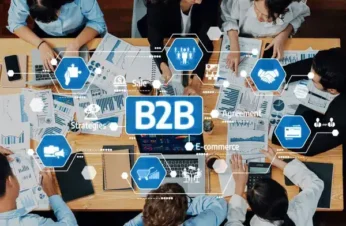As published by DHL in “5 B2B Marketing Strategies to Skyrocket Your Sales,” successful B2B marketing strategies focus on building trust, improving digital experiences, and meeting buyers where they research and purchase. Key approaches include content marketing, e-commerce optimization, and data-driven personalization.
These strategies help B2B companies attract qualified leads, shorten sales cycles, and improve customer retention. Understanding which tactics align with buyer behavior can support stronger sales performance in competitive markets.
Click here to learn more about Total Web Partners’ digital marketing solutions or here to read the full article.
Article with all rights reserved, courtesy of DHL — https://www.dhl.com

